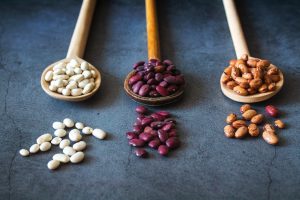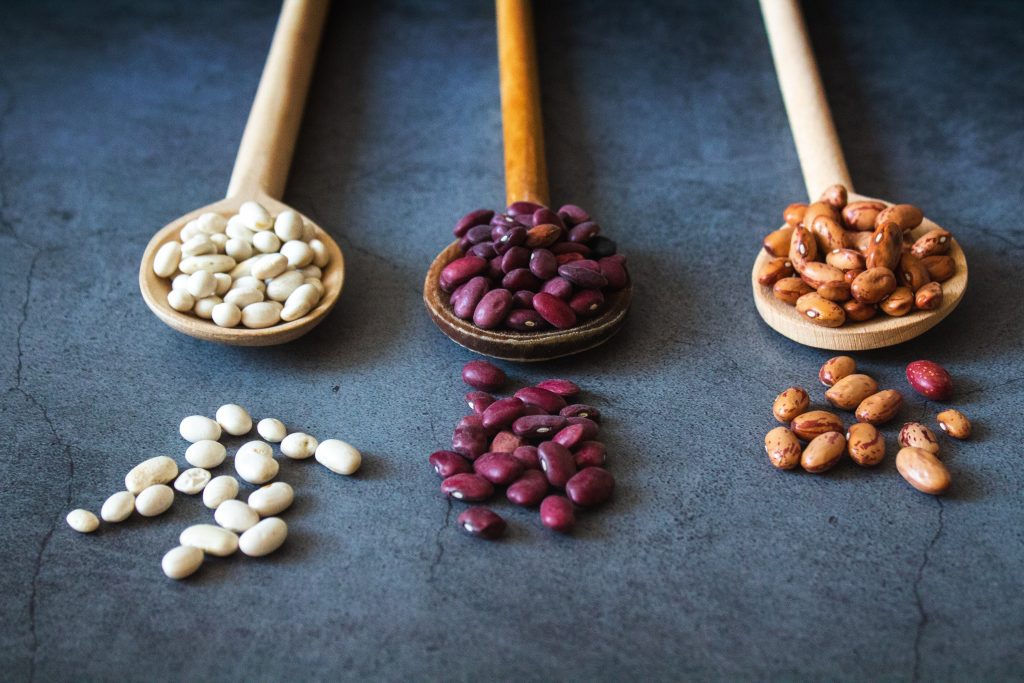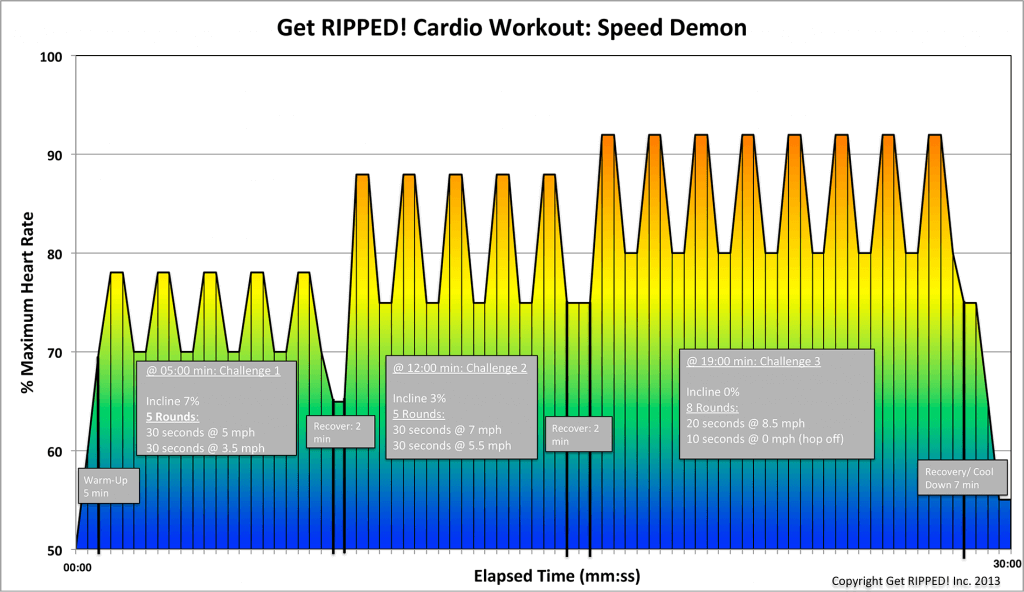Blog
How Awesome Are Beans??
 If you’re like most people, you don’t associate beans with fine dining or healthy dining for that matter. However, beans get a bad rap. Not only are they healthy, they’re versatile and very inexpensive. There are a lot of different types of beans. They’re the seeds that are in pods on legumes. These include all types of legumes, including peanuts and lentils. Most people are familiar with peanuts, black beans, kidney, navy and fava beans. However, most people don’t realize how much protein, vitamins and minerals beans contain.
If you’re like most people, you don’t associate beans with fine dining or healthy dining for that matter. However, beans get a bad rap. Not only are they healthy, they’re versatile and very inexpensive. There are a lot of different types of beans. They’re the seeds that are in pods on legumes. These include all types of legumes, including peanuts and lentils. Most people are familiar with peanuts, black beans, kidney, navy and fava beans. However, most people don’t realize how much protein, vitamins and minerals beans contain.
If you think eating healthy to lose weight has to be expensive, think again.
You’ll be surprised to find out that beans are weight-loss-friendly! The high protein and high fiber in beans helps fill you up, while remaining relatively low in calories. Studies show any high fiber diet can help you lose more weight and the improved nutrition provided with beans can also help you reduce abdominal fat.
You can reduce your risk of heart disease by adding beans to your menu.
Studies show that a diet that’s high in legumes, including beans, can lower the bad cholesterol—LDL, improving your overall health and reducing the risk for heart disease. A diet rich in beans also can increase the good cholesterol—HDL. Consuming beans is linked to reducing other risk factors that affect heart health. It lowers blood pressure, while reducing inflammation.
Some beans have enzymes that could affect your health negatively.
Just like any food, there are drawbacks and some negatives. Even though beans are good for you, some beans, such as fava beans have certain toxins. These toxins don’t affect everyone, just people who lack a specific enzyme. Eating fava beans causes favism in those individuals, which can destroy red blood cells and trigger anemia. Eating uncooked or under cooked beans can also cause abdominal pain and nausea, particularly with red kidney beans. Cooking them thoroughly takes care of that problem.
- Beans, like any other type of seed, contains phytic acid that affects the absorption of certain minerals and reduces it. If you soak, sprout or cook beans, it eliminates that problem.
- If beans give you gas, it’s from the raffinose, a type of fiber in beans. Thoroughly boiling dry beans or soaking them can reduce the amount of raffinose by up to 75%. Beano or other gas prevention tablets also help.
- Beans are one of the most economical sources of protein available. They keep the cost of eating healthy far lower. Try a black bean salad with celery, red peppers and onion, topped with a garlic avocado dressing and served with lettuce in a toasted pita pocket.
- Beans have a low glycemic index and are high in fiber. That makes them good for people with diabetes. They can lower fasting blood sugar levels, insulin levels and HbA1c levels.
For more information, contact us today at Jari Love


